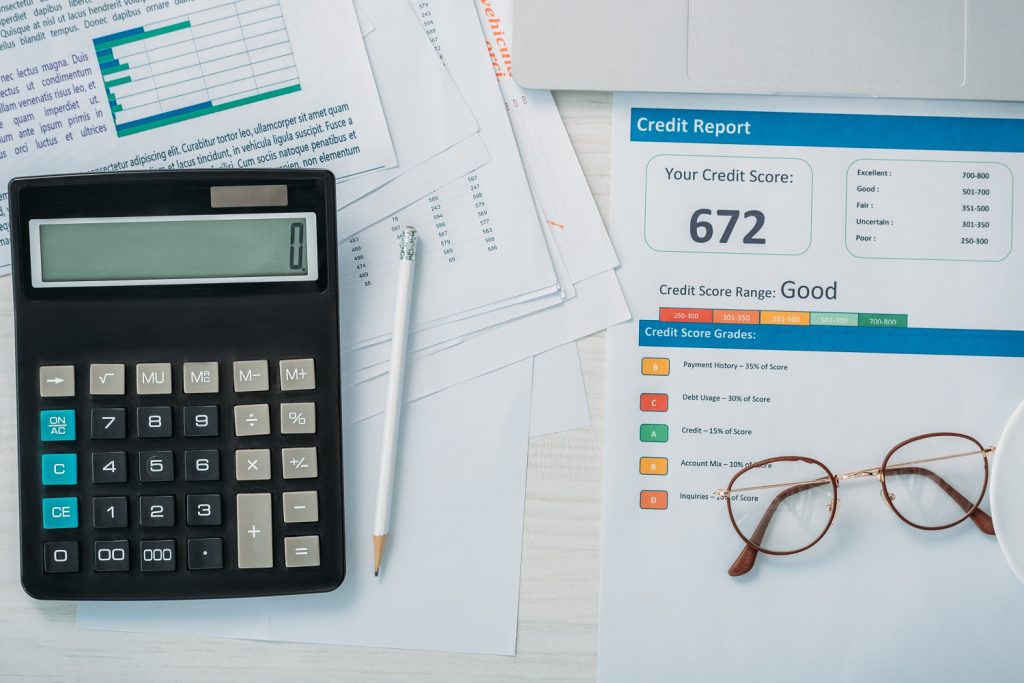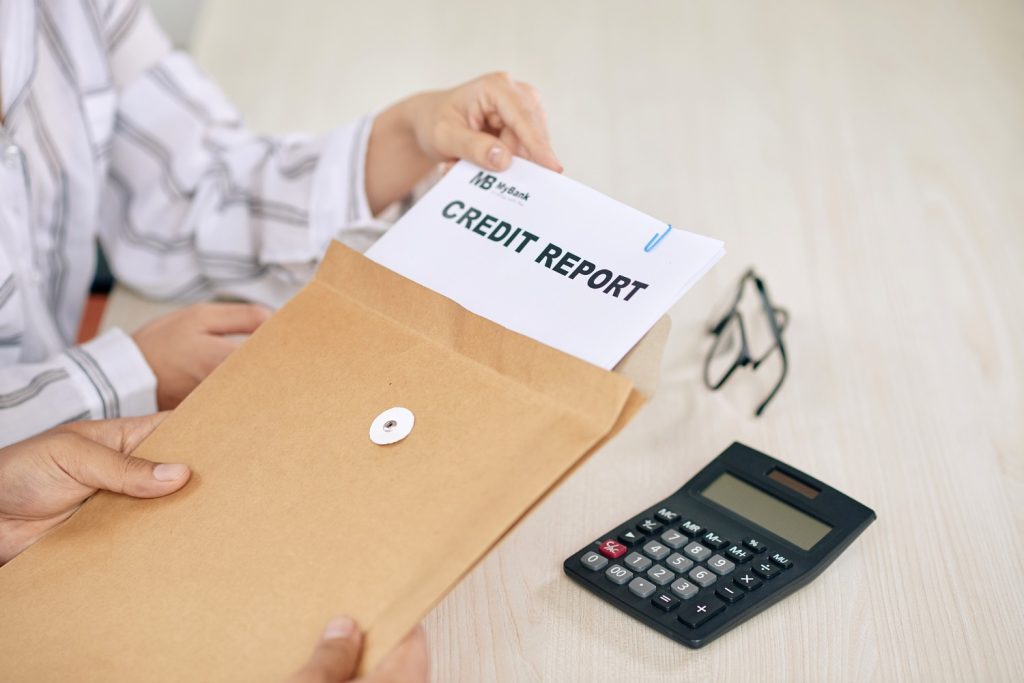When it comes to your credit score, collections can be a major obstacle. Collections are accounts that have been sent to a collection agency by a creditor because the account is past due. These collections can have a negative impact on your credit score and can remain on your credit report for up to seven years.
If you have collections on your credit report, it is important to take the necessary steps to get rid of them in order to improve your credit score. This article will provide 12 tips on how to get rid of collections on your credit report.
Tip #1: Request a Copy of Your Credit Report
The first step to getting rid of collections on your credit report is to request a copy of your credit report. You can request a copy of your credit report from all three of the major credit bureaus: Experian, TransUnion, and Equifax. It is important to request a copy of your credit report from all three bureaus because each one may have different information.
Tip #2: Dispute Errors
Once you have obtained a copy of your credit report from each of the three bureaus, you should check for any errors. If you find any errors, you can dispute them with the credit bureau. Make sure to provide any documentation that supports your dispute, such as payment records or cancelled checks. The credit bureau will then investigate your dispute and remove any inaccurate information from your credit report.
Tip #3: Negotiate with the Collection Agency
If the collection is accurate, you can try to negotiate with the collection agency. You can contact the collection agency and offer to pay the debt if they agree to remove the collection from your credit report. This can be a good option if you are unable to pay the full amount of the debt. However, it is important to get the agreement in writing before you make any payments.
Tip #4: Pay the Debt in Full
Paying the debt in full is the best way to get rid of collections on your credit report. If you can afford to pay the full amount of the debt, you should do so as soon as possible. Once you have paid the debt in full, the collection agency should agree to remove the collection from your credit report.
Tip #5: Request a Goodwill Deletion
If you have paid the debt in full, but the collection agency is still not willing to remove the collection from your credit report, you can try requesting a goodwill deletion. A goodwill deletion is when the collection agency agrees to remove the collection from your credit report as a gesture of goodwill. This is not something that collection agencies do often, but it is worth a try.
Tip #6: Request a Pay for Delete
Another option is to request a pay for delete. This is when the collection agency agrees to remove the collection from your credit report if you pay a certain amount of the debt. This is not something that collection agencies do often, but it is worth a try.
Tip #7: Request a Deletion in Exchange for Payment
If the collection agency is not willing to agree to a goodwill deletion or a pay for delete, you can try requesting a deletion in exchange for payment. This is when the collection agency agrees to delete the collection from your credit report if you make a certain payment. It is important to get this agreement in writing before you make any payments.
Tip #8: Include the Collection Agency in a Debt Settlement
If you cannot afford to pay the full amount of the debt, you can try to include the collection agency in a debt settlement. A debt settlement is when you negotiate with your creditors to lower the amount of debt you owe. You can contact the collection agency and offer to pay a certain amount of the debt in exchange for them deleting the collection from your credit report.
Tip #9: Request a Deletion After Paying the Debt
If you are able to pay the full amount of the debt, you can request that the collection agency delete the collection from your credit report after you have paid the debt. This is something that collection agencies do not often agree to, but it is worth a try.
Tip #10: Request a Deletion After Seven Years
If the collection agency is unwilling to delete the collection from your credit report, you can wait until the collection has been on your credit report for seven years. After seven years, the collection should automatically be removed from your credit report.
Tip #11: Dispute the Collection with the Credit Bureau
If the collection agency is unwilling to delete the collection from your credit report, you can dispute the collection with the credit bureaus. You can contact the credit bureaus and dispute the collection if it is inaccurate or outdated. The credit bureaus will then investigate your dispute and remove any inaccurate information from your credit report.
Tip #12: Hire a Professional
If you are unable to get the collection removed from your credit report yourself, you can always hire a professional. There are companies that specialize in helping people remove negative items from their credit report. They can help you negotiate with the collection agency or dispute the collection with the credit bureaus.
Final Thoughts
Collections can have a negative impact on your credit score and can remain on your credit report for up to seven years. If you have collections on your credit report, it is important to take the necessary steps to get rid of them in order to improve your credit score.
This article has provided 12 tips on how to get rid of collections on your credit report. From requesting a copy of your credit report and disputing any errors to negotiating with the collection agency and requesting a goodwill deletion, these tips can help you remove collections from your credit report and improve your credit score.





